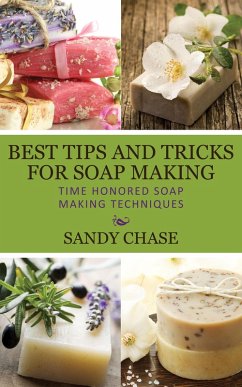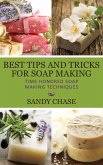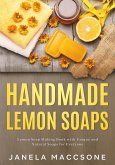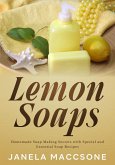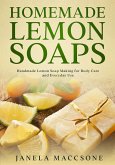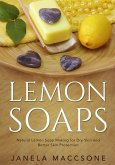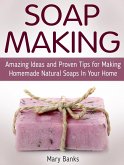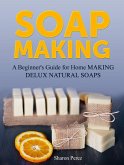It's interesting to note that there have been many healthy human populations throughout our history, even long before the advent of antibacterial soap. In fact, the collective fascination with adding chemical ingredients to bar and liquid soaps in order to help fight infections only began in recent decades. Since then, much evidence has emerged to suggest that antibacterial soaps don't clean us any more thoroughly than their "old-fashioned predecessors" do. What's more, they may pose health concerns both on personal and environmental levels. This is why Sandy Chase decided to write Best Tips and Tricks for Soap Making. The most disturbing concern is that these new kinds of cleansers may actually contribute to a general sanitation problem by promoting the development of antibiotic-resistant bacteria. Antibacterial soaps don't just kill disease-causing bacteria. They kill every kind of bacteria that is susceptible to them. If resistant bacteria were then to form, they could easily dominate their surrounding environment (be it a household or larger ecosystem) due to a lack of competition. Our race survived for eons and produced many healthy men and women without the aid of our new bacteria-fighting products. Babies even need a certain level of exposure to germs in order for their immune systems to develop properly. Evidence suggests that we may be compromising our own adult systems as well through our increasing reliance upon antibacterial soaps. In a way, this reliance reveals a certain distrust of our environment (which is seen as hostile) and our bodies (which are seen as overly vulnerable). We may need to start trusting ourselves - and the kinds of natural products that kept us clean for so long in the past - once again.
Dieser Download kann aus rechtlichen Gründen nur mit Rechnungsadresse in A, D ausgeliefert werden.

